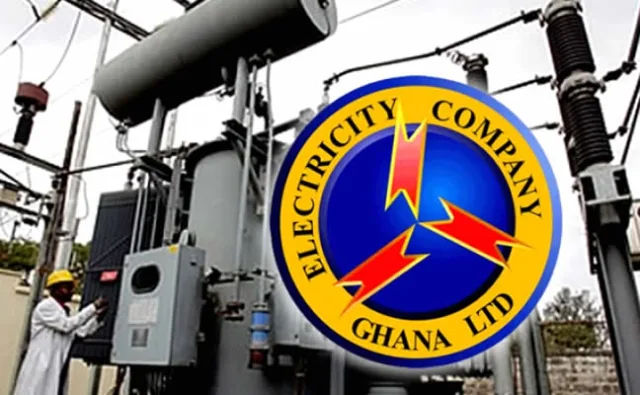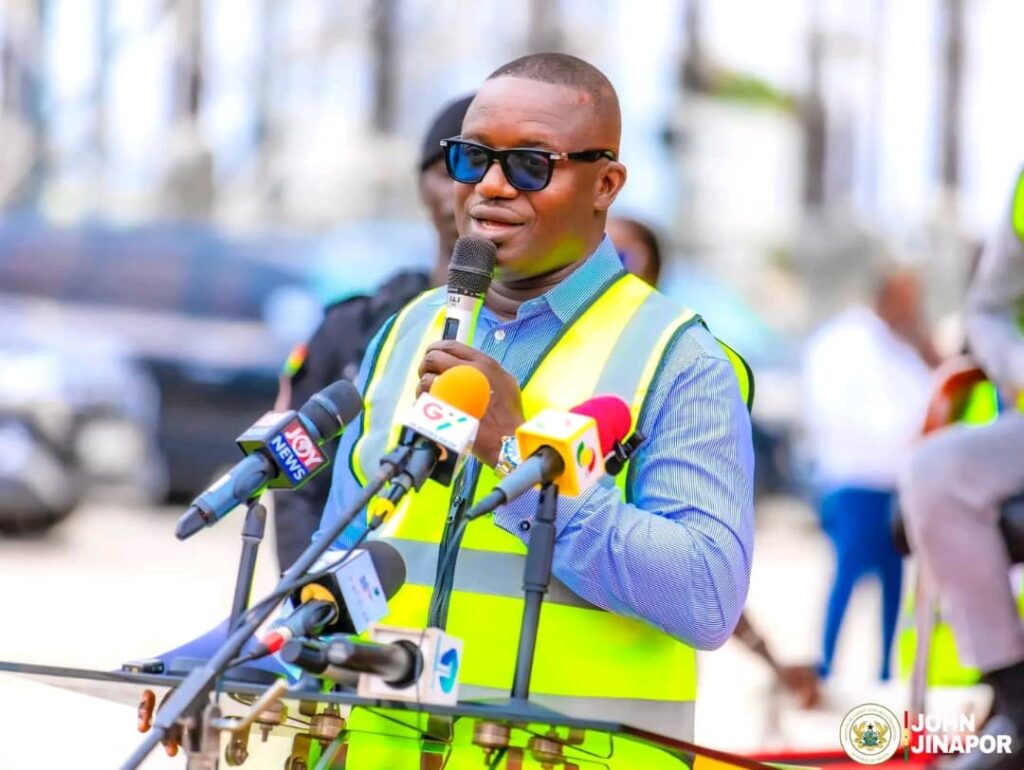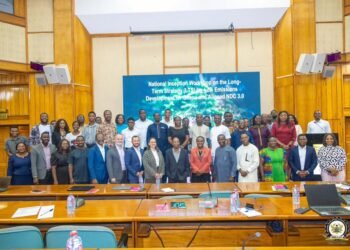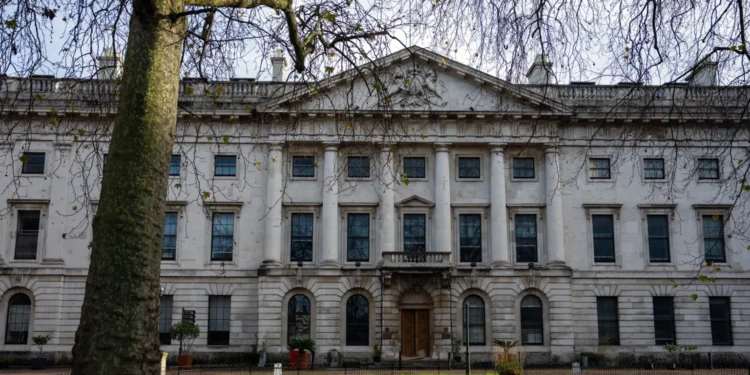The Minister for Energy and Green Transition, Hon. John Abdulai Jinapor, has pointed fingers at a group of “greedy individuals” for sabotaging the now-defunct Power Distribution Services (PDS) concession, alleging that they manipulated the process for personal gain and derailed what could have been a promising private sector intervention.
Addressing stakeholders at the latest edition of the Government Accountability Series in Accra, the Minister was emphatic that the failure of the PDS arrangement was not due to the private participation model itself but rather the lack of integrity and fairness in its implementation.
“The concept behind PDS wasn’t inherently flawed.
“The failure stemmed from a few greedy individuals who hijacked the process and allocated shares among themselves behind closed doors.”
Hon. John Abdulai Jinapor, Minister for Energy and Green Transition
Hon. Jinapor said, “It was not about policy failure, but process manipulation.”

The Minister made it clear that the current government will not revisit the PDS model in its efforts to inject private sector expertise into the power distribution space, particularly with the Electricity Company of Ghana (ECG).
Instead, new models will be anchored on transparency, accountability, and value-for-money outcomes.
“Let me be clear, we are not going to replicate the PDS approach. That model was compromised from the beginning, and we’ve learned from that mistake.”
Hon. John Abdulai Jinapor, Minister for Energy and Green Transition
Hon. Jinapor’s comments appear to close the door on any resurrection of the PDS model, which was abruptly terminated in 2019 after a controversial vetting and ownership scandal that ultimately led to Ghana losing a $190 million tranche of Millennium Challenge Corporation (MCC) funds.
New Pathway for Private Sector Involvement

Though ruling out PDS, the Energy Minister reaffirmed government’s intention to engage the private sector in specific components of the energy value chain, particularly in areas like billing and revenue collection, sectors often plagued by inefficiency and losses.
“We are not selling ECG. What we seek to do is to involve credible private sector players, especially in the areas of billing and collections, to help drive efficiency and improve performance.”
Hon. John Abdulai Jinapor, Minister for Energy and Green Transition
He explained that Cabinet has already approved this revised private sector participation strategy, which would not involve the transfer of ownership or core operations, but will focus on outsourcing parts of the distribution value chain to boost revenue mobilisation and service delivery.
In a direct appeal to Ghanaian entrepreneurs, the Minister encouraged local business leaders and technology innovators to participate actively in the government’s new framework for improving the country’s power distribution system.
“We have competent Ghanaian businesses who can compete fairly and deliver results.
“This is an opportunity to build national capacity while fixing longstanding inefficiencies.”
Hon. John Abdulai Jinapor, Minister for Energy and Green Transition
Jinapor stressed that the new approach aims to avoid the political interference and elite capture that marred earlier efforts. The government’s goal, he said, is to build a transparent and rules-based model that rewards competence and accountability.
“We are not going to allow politics or cronies to take over this process. What we need is competition, fairness, and real results.”
Hon. John Abdulai Jinapor, Minister for Energy and Green Transition
Evidence of Potential

Interestingly, the Minister revealed that even under its flawed implementation, the PDS model showed signs of potential.
“During that brief period, ECG’s revenue actually improved.
“This tells us that with better governance, proper structure, and honest players, private sector involvement can yield results.”
Hon. John Abdulai Jinapor, Minister for Energy and Green Transition
He maintained that the government’s broader goal is to ensure financial sustainability within the ECG and across Ghana’s power sector while reducing fiscal pressure on the state.
Hon. Jinapor also assured stakeholders that the Ministry will implement strong governance safeguards, including competitive bidding, performance-based contracts, and regulatory oversight, to prevent past mistakes from repeating.
“Every aspect of this process will be subject to scrutiny—no backdoor deals, no opaque arrangements.”
Hon. John Abdulai Jinapor, Minister for Energy and Green Transition
The Minister’s remarks mark a firm commitment by the government to learn from past missteps while leveraging the private sector to address systemic inefficiencies within the country’s electricity distribution system.
With Ghana’s energy demands projected to rise significantly in the coming decade, particularly in the industrial sector, the stakes for reform are high.
READ ALSO: Ghana Fire Service Records Major Progress Amid Resource Constraints






















